War in the Middle East has stirred latent antisemitism
10.05.2024 – Stéphane Herzog
In Switzerland, antisemitism tends to be whispered rather than shouted. However, the 7 October 2023 attacks and the war in Gaza have unleashed hate speech, sometimes leading to acts of violence. There has already been one knife attack. Jews say they are living in fear.
Ever since the shocking events of 7 October, followed by the outbreak of war in Gaza, anti-Jewish remarks and acts have been rising significantly in Switzerland. The two Jewish umbrella associations in Switzerland (one French and one German-speaking) recorded over 2,000 incidents in 2023, including assaults, insults, threats and online hate speech. In French-speaking Switzerland, the Intercommunity Coordination against Antisemitism and Defamation (CICAD) highlighted a 68 percent increase in these incidents as against 2022. Between October and the end of the year, the Swiss Federation of Jewish Communities (SIG) reported six physical attacks on Jews, compared with only one in 2022. “Stepping out as a Jew in public often entails worry, restraint or even fear,” the federation laments. It has called on the Swiss state to commit further to “monitoring antisemitism and racism”. CICAD has asked for regular visits by community representatives to schools to discuss the issue of not accepting other people. The association feels that this sort of action is more useful than taking security measures outside synagogues.
CICAD has reported that, in schools, the word “Jew” is sometimes used as an insult. For example, there was one incident in a gym in Geneva where a school pupil sprayed a boy with his deodorant, threatening to “gas him like all the Jews”, according to Johanne Gurfinkiel of CICAD. Words are followed by actions. The stained-glass windows of the synagogue in La Chaux-de-Fonds were smashed using large blocks of frozen snow. In Davos, the refusal of a restaurant owner to rent out sports equipment to Jews caused a scandal that went international. On Saturday, 2 March, in Zurich, a young Swiss man of Tunisian origin seriously injured an Orthodox Jew with a bladed weapon. In a video posted prior to the attack, the 15-year-old swore allegiance to the Islamic State, calling for a “global war against Jews”. He said his act was linked to the situation in the Middle East.
Inflammatory graffiti in Geneva
In her recent work on the history of Jews in French-speaking Switzerland*, historian Brigitte Sion notes that antisemitism has always existed in Switzerland, albeit rarely in a violent form. “It’s more like a dull background noise that manifests itself in things people say, discrimination in hiring or promotion, ridicule or caricatures, and anonymous written messages.” Since 7 October, people have been starting to voice their feelings against Jews. “Thanks, Hamas” was written on a wall at the University of Geneva. “Antisemitism does not need Jews to exist. It functions as a world view,” remarked sociologist Illana Weizman during a debate that took place in Geneva in February. She published a podcast titled “Qui a peur des Juifs?” (‘Who’s afraid of the Jews?’). This podcast covers the whole range of antisemitic expressions, such as in connection with Covid-19, where lockdown and mandatory vaccination were compared to the persecution of the Jews. “What worries me is the ignorance about the history of the Jews and the Shoah,” bemoans historian Marc Perrenoud.
Antisemitism comes to the fore in times of crisis. In Lausanne, editor and left-wing militant E. G. (name redacted) expresses her bitterness: “My daughter got married and I’m delighted that she changed her name,” she says. She herself feels wounded by the antisemitic comments on social media: “There was very little empathy for the victims of 7 October.”
“Antisemitism is a series of small wounds,” argues Félix, a Geneva-based specialist in social affairs who discovered some antisemitic graffiti at the entrance to his block of flats one morning in November. It showed a swastika combined with a Star of David. That same day, Félix posted a request on his Facebook page. “If you did this, come and talk to me about it. I will receive you as one human to another,” said the post, whose author is the sole Jew in the building. “I was afraid for my 15-year-old daughter, who lives with me,” says Félix, although his daughter is not Jewish. “People think it’s my entire identity, even though I’m not a member of any community,” the Geneva resident says. His first exposure to antisemitic comments dates back to his school days. The council acted quickly and removed the graffiti.
The new rabbi of the Liberal Jewish Community of Geneva, Nathan Alfred, compares antisemitism to an illness, like racism or sexism. “Misogyny does not come from women. The victims are not the problem. Society as a whole is responsible for resolving these issues,” he says. Members of his congregation have been sharing their concerns with him. Is it safe to hang a mezuzah – a Jewish religious item – on the door? The rabbi himself took the decision to hang his mezuzah inside his home. “Six months ago, I would have hung it outside,” he says.
* “Albert, Esther, Liebmann, Ruth et al. – Présences juives en Suisse romande”. Francine Brunschwig, Marc Perrenoud, Laurence Leitenberg, Jacques Ehrenfreund, Ed. Livreo-Alphil, 2023
Reactions in waves
Is the high number of antisemitic acts in Switzerland since 2023 unprecedented? Historian Marc Perrenoud feels we lack the necessary perspective. Antisemitic tensions come in waves. Switzerland was slow to give equal rights to Jews (in 1874). In 1893, the first popular initiative in Switzerland, which prohibited ritual slaughter, stemmed from antisemitic sentiment, he recalls. During the interwar period, Switzerland felt threatened by “Judeo-Bolshevism”. Between 1939 and 1945, antisemitism was one of the key elements of migration policy. “Authorities claimed that they were fighting to prevent the Jewification of Switzerland, although Jewish people have never made up more than one per cent of the Swiss population,” says the historian. During the Six-Day War, in 1967, public opinion tipped in Israel’s favour. “Swiss people were able to identify with such a small democracy being attacked by its neighbours,” is how Perrenoud sees it. 1995 saw the unclaimed Jewish assets scandal. This was triggered by Swiss banks dragging their feet when it came to returning bank accounts to victims of the Nazi regime. At that time, “the Swiss felt their very identity was being attacked, and some of their immediate reactions triggered an undeniable surge in antisemitism”, according to historian Brigitte Sion. Since then, she believes, “antisemitism has been expressed at every level of society... and no longer in hushed tones: it is now being expressed on the political stage, in the media and other public forums.” (SH)
Dear readers, we will not be publishing any further comments on this article. Thank you for your understanding. «Swiss Review» editorial team, 17.05.2024
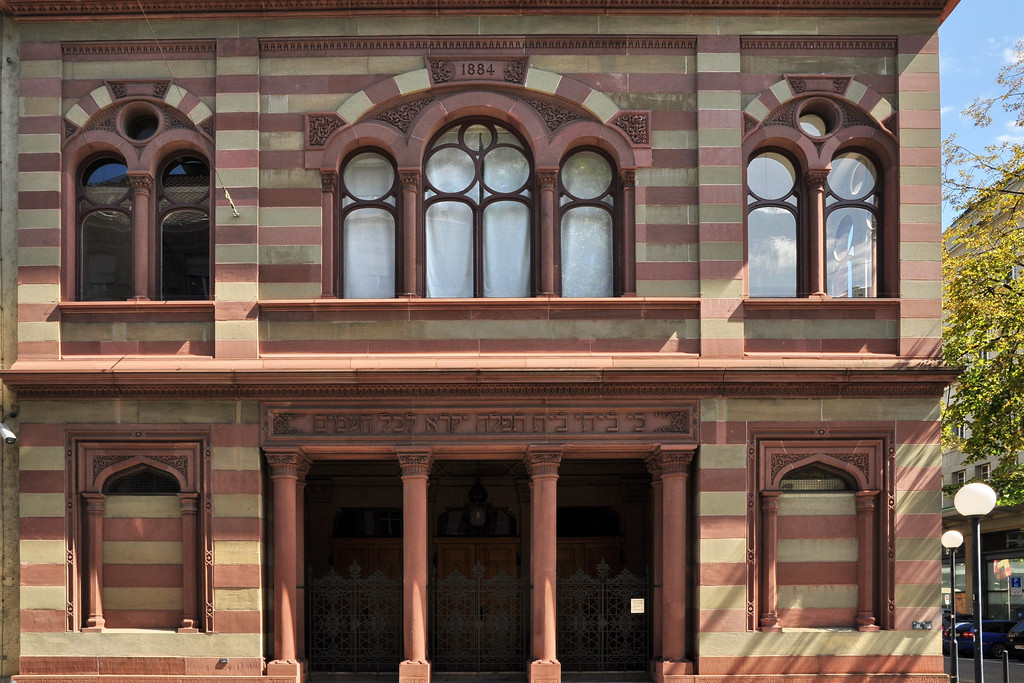
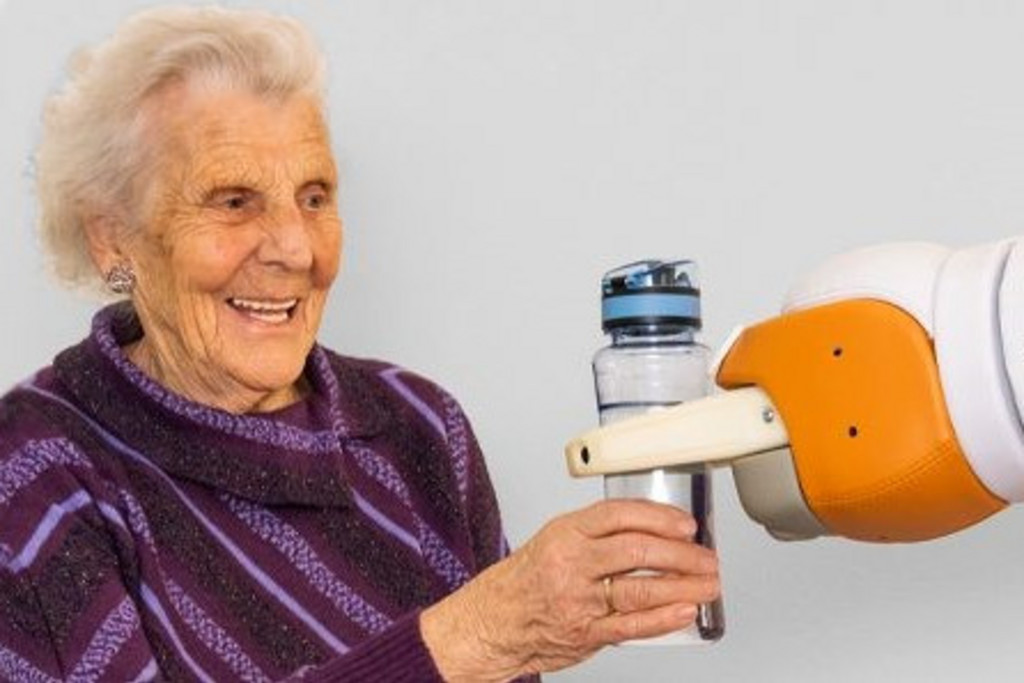

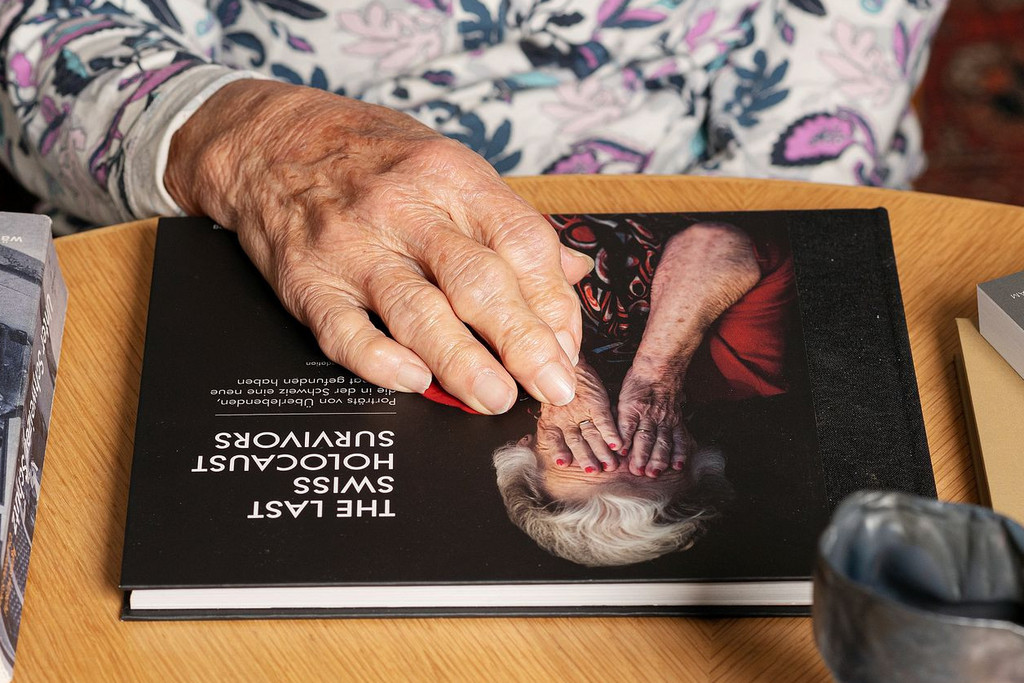
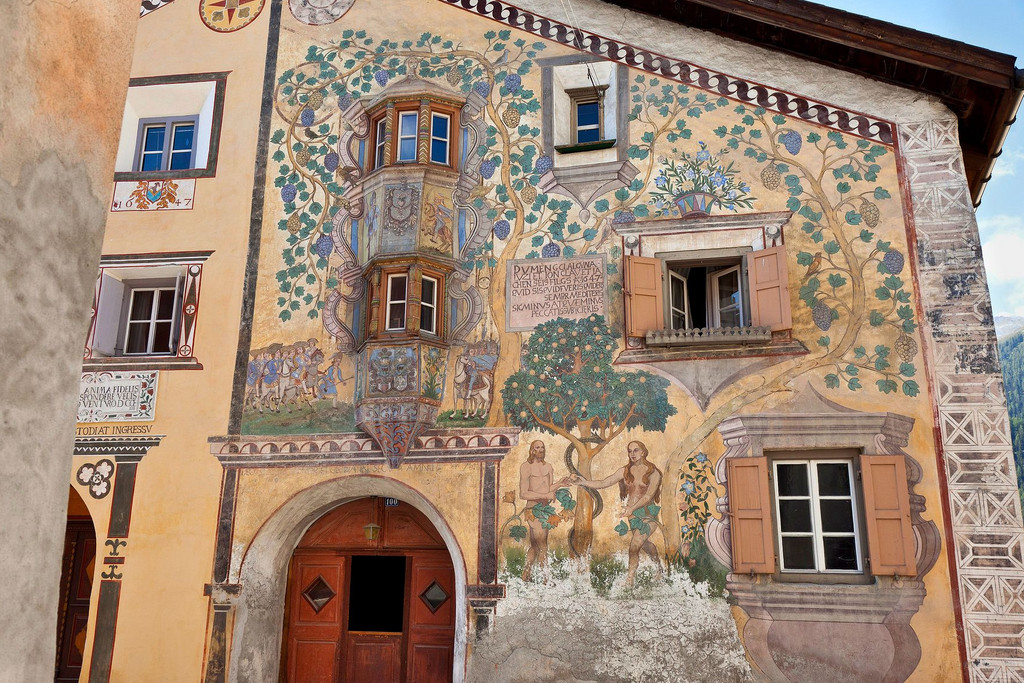
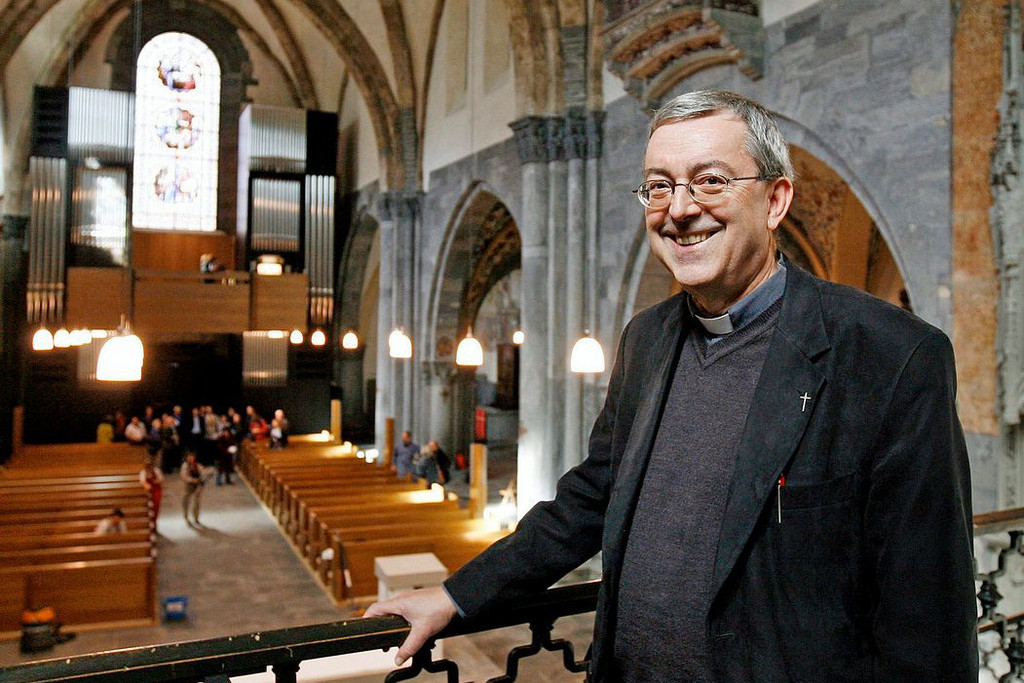
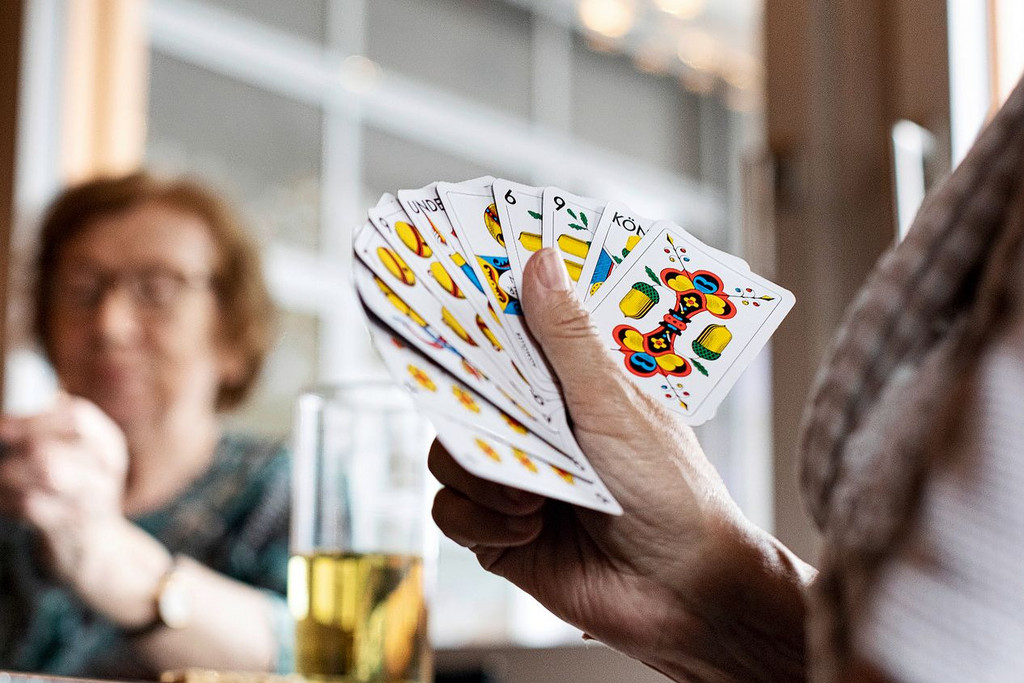
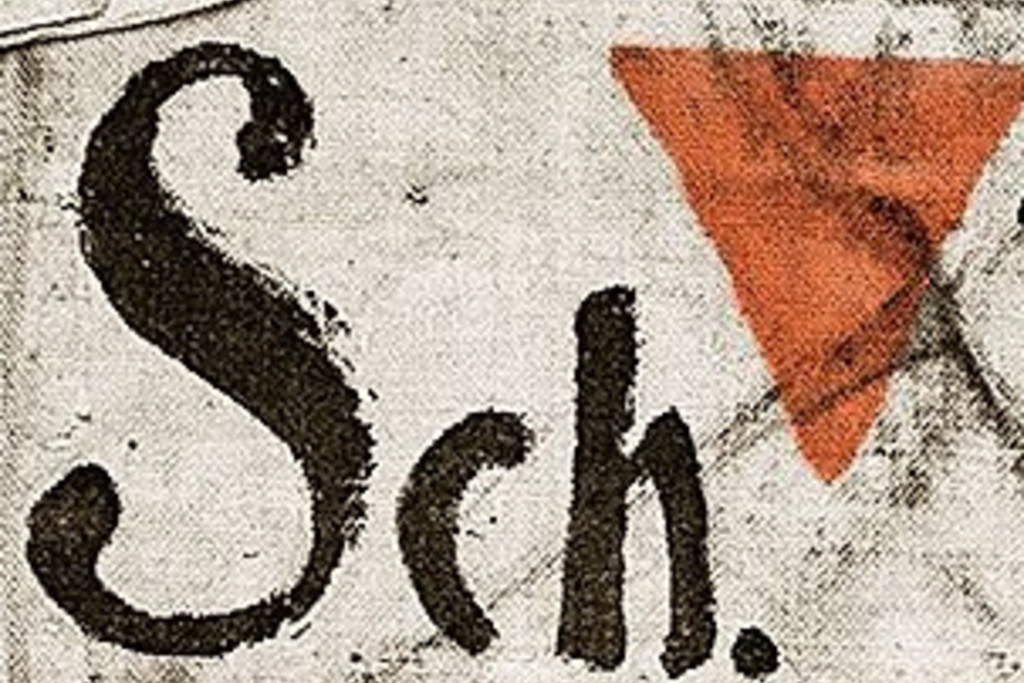

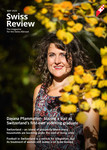

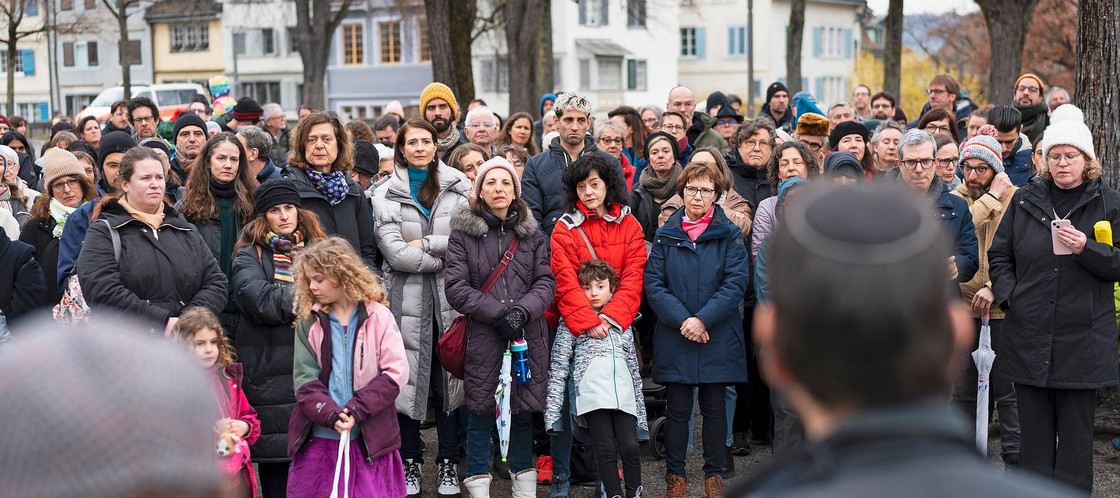

Comments
Comments :
DE
Liebe Leserinnen, Liebe Leser, wir veröffentlichen keine weiteren Kommentare zu diesem Artikel. Wir danken Ihnen für Ihr Verständnis. Redaktion «Schweizer Revue»
EN
Dear readers, we will not be publishing any further comments on this article. Thank you for your understanding. «Swiss Review» editorial team
FR
Chères lectrices, chers lecteurs, nous ne publierons plus de commentaires sur cet article. Nous vous remercions de votre compréhension. Rédaction de la «Revue Suisse»
ES
Estimados lectores, no publicaremos más comentarios sobre este artículo. Gracias por su comprensión. Redacción de «Panorama Suizo»
I absolutely agree with Christopher Egli's comments.
I think it's unfair and inaccurate to describe critics of Israel as anti-Semitic. To begin with, the Jewish people themselves demand that Israel be called "the Jewish state", so for that reason alone, it's impossible to criticize Israel without also criticizing Jewish people. For months now, the Israelis have been deliberately killing thousands of Palestinians and even volunteers trying to help feed starving Palestinian children, like those in the World Kitchen attack. These are actions that should offend every person on this Earth. It's outrageous to claim that criticizing those actions is anti-Semitic; those are false accusations designed to silence anyone who dares speak out.
Werter Herr Egli, solche Ereignisse sind traurig und bedauerlich, aber geschehen in jedem Krieg als unvermeidlich. Ein Krieg übrigens, den nicht wir begonnen haben, und in dem wir ganz sicher nicht aus Wohllust Morden. Und wenn Sie solche Kriegsunfälle aus dem Kontext der gesamten Kriegshandlung herausnehmen um ein “Humangleichgewicht” zwischen Hamas und Israel anzustellen, dann ist das wohl Antisemitismus.
As a Jew I find your post offensive. It is unfair and innaccurate to assume that all Jewish people support the State of Israel, and agree that Israel should be known as "the Jewish state". Please do not put all people of Jewish ethnicity/religion in a single category. This can lead to dangerous outcomes -as we saw in Zurich recently.
Critisicm of Israel is not by definition anti Semitic. But to take it out on Jews worldwide and attack them, assuming they are in some way responsible for Netanyahu's actions, definitely is.
Additionally the hyped-up chorus fo disapproval of every one of Israel's actions is disproportionate. As Mr Ophir mentioned, war is, unfortunately, war - meaning there will be non-combatant deaths as well. I disagree with your statement that the Israelis are deliberatley killing Palestinians.
Why is there so much more 'noise' made about Palestinian victims af this conflict - more than, for example, the far greater number of Ukranian victims of Russian agression?
Considero que el problema no son los judios. El problema, y grave son Netanyahu y su entorno.
Die Anti-Israel Parole - privat und in Medien - als salonfähiger Antisemitismus zu etablieren, ist schon seit über 40 Jahre Tatsache.